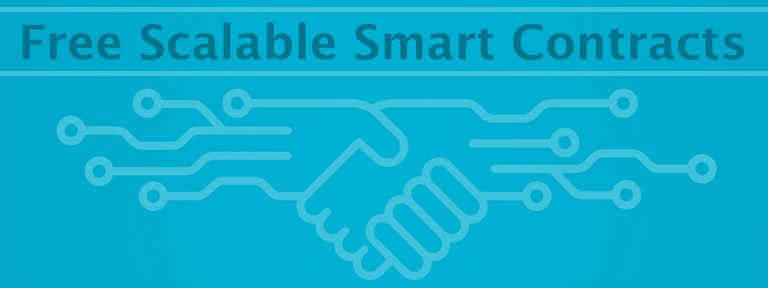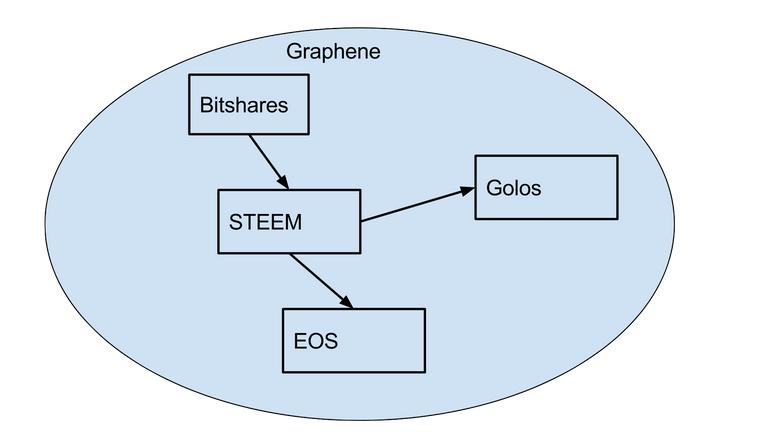
I have a real concrete need as a blockchain engineer. I need to actually develop my programmes (smart contracts) and I need them to work fast. Also I would like the entire process to be free. Is that too much to ask in 2018? According to Ethereum, apparently it is.
Using steemit, I started to wonder if I should still use Ethereum for developing smart contracts. There is a cognitive dissonance when you click an upvote button and wait a second or two, while in Ethereum, once you fix all the "out of gas" errors you wait minutes just to call a function on a contract because the network is clogged.
So, since steem does not allow for smart contracts (if not in the form of plugins/side-chains) I wondered around a bit and found some other potential alternatives.
| Name | Scalable | Fees | Live | Language | Notes |
|---|---|---|---|---|---|
| Ethereum | Nope | High | Yes | Solitidy | De facto standard for smart contracts |
| Lisk | Nah (2.5tps/10s) | Not free | Yes | Javascript | Still side chains :/ |
| Steem | Yes! (10k tps/3s) | Free | Yes | C++ | Sidechains :/ |
| Cardano | Not currently | Not free | No | Haskell-like | Not much is known of the final architecture |
| Rootstock | Nah (100tps/10s) | Not free | No | Solidity | |
| EOS | Yes! (50k tps/3s) | Free | No | WASM | Will it deliver? |
| Tezos | Probably not | Not free | No | Schema-like | Disastrous management |
| Qtum | Nah (70tps/2m) | ~0.05€ | Yes | Solidity | |
| Neo | Maybe? (10k tps) | Free for now | Yes? | Many | Not sure if true or CHAYNA! |
| Bitshares | Yes | Low to free | Yes | C++ | Side chains... |
EOS
So by looking at the table it seems that the obvious choice is: just wait for EOS. Fair, we should be almost there, and the promises should be worth the wait. But what if I want a proven solution.
Neo
Neo transactions are free for the moment, but users could vote for nodes that actually take a fee. Moreover Neo is still in the making and the scalability is still not proven.
Special mention for Nano
Nano does not allow for smart contracts, still I wanted to include it here because I think it contains a technology that is even more scalable than graphene blockchain promise.

Nano blockchain is not a sequence but a partially ordered graph. This means that it is already sharded by user. Furthermore there is no block time, which would make it as quick as the propagation times itself.
The thing that I don’t understand about Nano is, while it’s actually simpler than Steem since it has smaller and simpler transactions, it actually has a slower throughput. Capped by I/O writes to the database, Nano can only do ~10k tps. Which seems a lot, but given the improved architecture I wonder if Nano has still to learn from the highly optimised Graphene engine.
Man i still cant understand cryptocurrency and you can write so much off it , thats talent my friend.Waiting for the next post.
Thanks :)
Looking forward to more of your post, resteemed and you have a new follower!
That’s very nice of you! Thanks for the support.
Nice comparison! You should have a look on Stratis too. Stratis smart contact will be available Q1 2018. Stratis platform and smart contracts are written in C#. So far, I haven't met a developer who does not like C#. Although i am invested i try to be impartial.
I didn't know about that, I’ll have a look.
There are developers working on a smart contract platform for Stellar
I didn’t consider stellar because I thought it was not turing-complete although surely more capable than bitcoin. I’ll keep an eye open for developments on that front then.